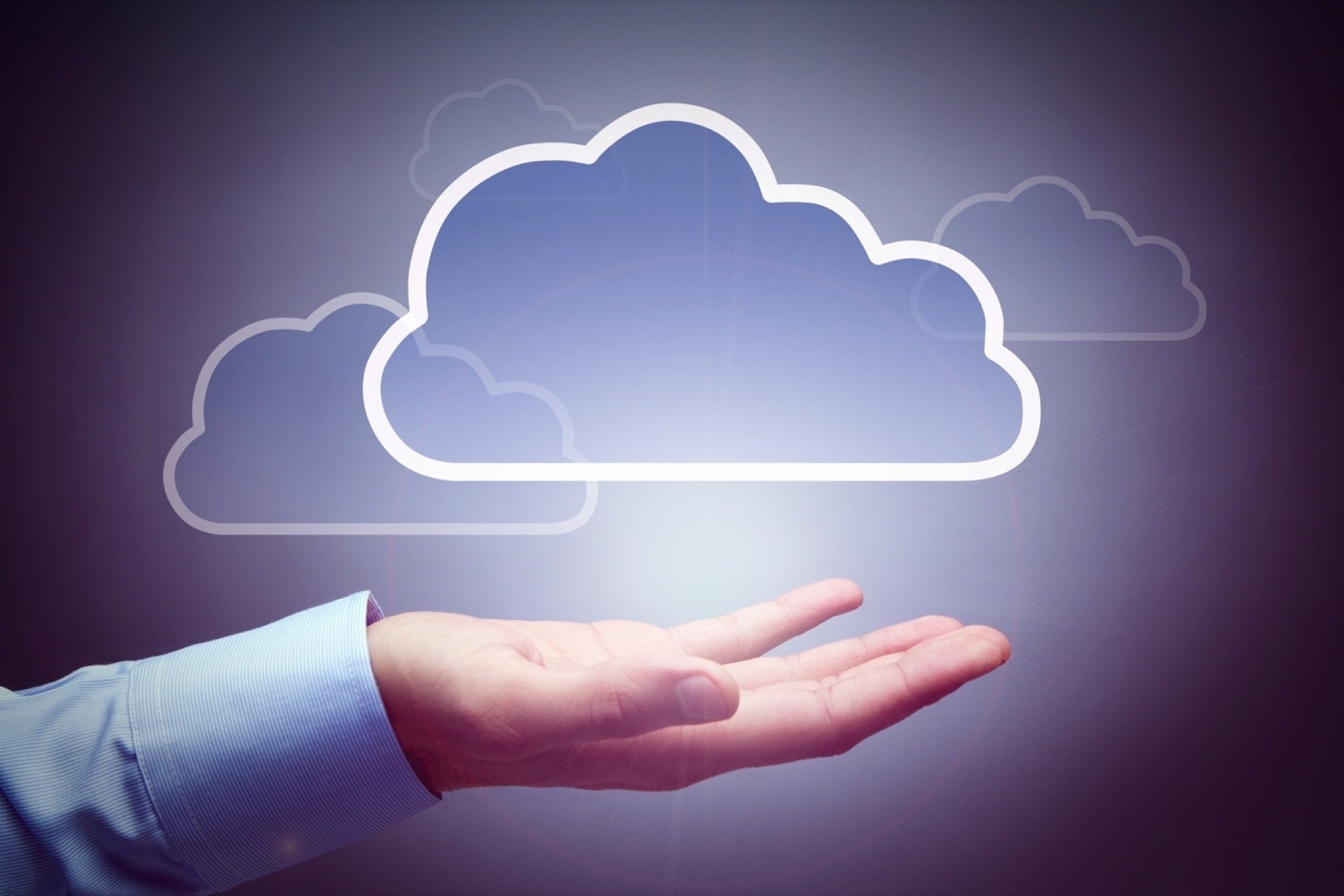What is Your Plan for Business Transformation – Cloud Migration or Cloud Adoption? It's all about data, and what you do with it
Opinions expressed by Entrepreneur contributors are their own.
You're reading Entrepreneur India, an international franchise of Entrepreneur Media.

Data is the new oil, a very widely used and accepted phrase about the criticality of leveraging business data to optimize operations and facilitate informed decision making. If data is the new oil, then in order to succeed in the long run, an enterprise needs to ensure that its financial applications engine is top-notch. Managing humongous volume of data is a major challenge, not just for business behemoths, but also for SMEs.
The Thought Behind Your Cloud Strategy:
So, what does an enterprise do to ensure that they add more to the bottom line? How do they become prudent about CAPEX and optimize performance and TAT. Cloud has become a "go-to' solution for all optimization needs – infrastructure, performance, availability, accessibility, etc. But, is the "one solution, fits all' approach ideal? Is it just a trend that has sent businesses into a frenzy of cloud adoption, without linking their actual requirements with long term goals? Is there a particular approach that a business could take to ensure that its decision to move to the cloud doesn't result in a tumultuous journey ahead? The key lies in realizing the business requirements, short as well long-term objectives and also what you expect out of this significant shift.
Migration or Adoption?
A couple of decades ago, when businesses implemented on-premise ERPs in order to optimize their operations, these ERPs garnered a lot of appreciation for the value they added to the business. But, the business landscape has undergone a paradigm shift in the last two decades. In such a scenario, moving to the cloud brings a lot of advantages. What businesses fail to apprehend is that cloud migration mostly refers to the infrastructure benefits of the cloud. But, the most critical aspect that you need to realize is, "have you derived optimum value from your ERP'? Cloud migration or the "lift and shift' approach will undoubtedly lead to cost reduction, but will it ensure true business value? Any opportunity to leverage the new age business enablers such as digital, AI, mobility, automation, etc., is out of reach for a legacy on-premise ERP. So, when an enterprise can gain a competitive edge by harnessing the power of these enablers, is it really advisable to focus on only one aspect of cloud enablement? Enterprises should consider this aspect while devising their cloud migration strategy.
Adopt, to Transform:
In recent years, as businesses expanded and their requirements grew in scale and complexity, upgrades and customizations were often the solution to ensure return on their ERP investments. But, as a result of uninformed decisions or lack of intent from implementers, customizations have reached a stage where on-premise ERPs have turned too fragile to be taken to the cloud. Now, the route that businesses can take is to completely discard their legacy on-premise ERP, migration plans, and adopt cloud-based solutions such as Oracle Financial Cloud. Though it is not an easy decision, it is certainly a prudent one. This will not only ensure cost saving, but also empower your business with all the enablers that Oracle Financial Cloud has to offer.
Create a New Age Enterprise to Succeed:
Oracle Financial Cloud offers customized dashboards for quick and easy monitoring, performance augmentation and informed decision making. It also offers mobility solutions for easy, anytime, anywhere access to business data and reports. ERP Chatbots can be integrated with ERP to help decision-makers fetch reports and key data with a single query instead of going through a tedious extraction process. Enterprises could also explore the automation possibilities to streamline and expedite business processes. Adopting Oracle Financial Cloud from a legacy on-premise Oracle ERP is a critical decision, but it can give your business the thrust it needs to succeed in the long run. So, the most important question to ask yourself is: are you ready to transform your business? The answer will be key to formulating your Cloud strategy and roadmap.












